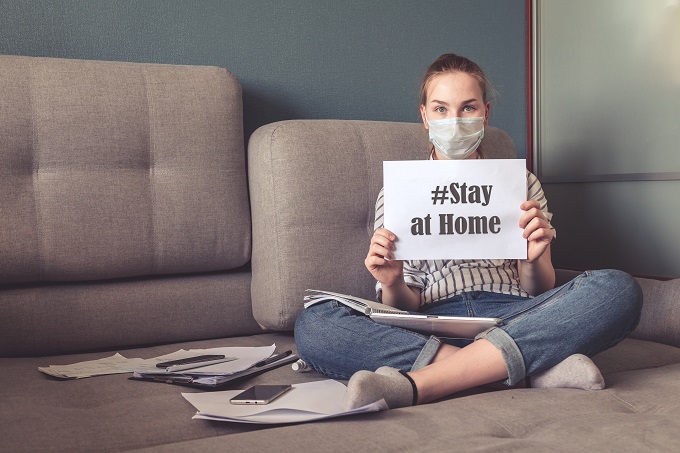
© shintartanya - stock.adobe.com
Parliament has passed amendments to legislation that give the Secretary of Education stronger powers to act in the fight to limit the spread of COVID-19, Education Minister Chris Hipkins said today.
“They are part of a suite of changes passed under the COVID-19 Response (Urgent Management Measures) Legislation Bill,” Chris Hipkins said.
“The Bill amends the Education Act 1989 to give the Secretary for Education the power to issue binding directions to the governing authorities of education providers including schools, universities, and polytechnics. These powers will only be used when absolutely necessary.
“The Secretary will be able to direct education providers to open and close, direct how they operate, are controlled, and managed, and direct them to provide education in specified ways, for example through distance or online learning.
“This applies to all education providers, not just public providers.
“Academic freedom is specifically preserved in this change. The Secretary must ensure that any directions will not impinge upon the academic freedom of institutions. For example, institutions will still be able to determine the nature and content of the educational programmes they provide.
“Schools, ECEs, and tertiary providers have been incredible in their response to COVID-19. I’d like to thank them all for all the work they have been doing.
“But these emergency powers are required so that we can continue to ensure that there is a unified response to the outbreak of COVID-19, given that there are 2,500 school board entities and 4,000 service providers.
“We may need to act quickly with speed and pace from the centre and in order to do this these powers will be required.
“Education entities in New Zealand have a large degree of autonomy and in normal times this works well.
“In an emergency such as this we need to move to a different way of working to allow central direction, co-ordination and cohesion and to move quickly to deal with issues as they emerge.
“This decision was not taken lightly. We’ll be looking for things to go back to normal as soon as possible,” Chris Hipkins said.
The changes apply to the following education ‘entities’:
Over 500 jobs will be cut at the Ministry of Education, and PLD priority changes…
Claire Amos unpacks Prime Minister Christopher Luxon's claim that we should "steal" models of education…
ERO’s new report on the progress of the Aotearoa New Zealand Histories curriculum finds certain…
In a press release, NZPF President Leanne Otene interrogates the coalition government's proposed attendance action…
What happens when the evidence isn't borne by reality? Sally Riordan, from University College London,…
Strategies for raising attendance have been announced by Associate Education Minister David Seymour and Prime…
This website uses cookies.